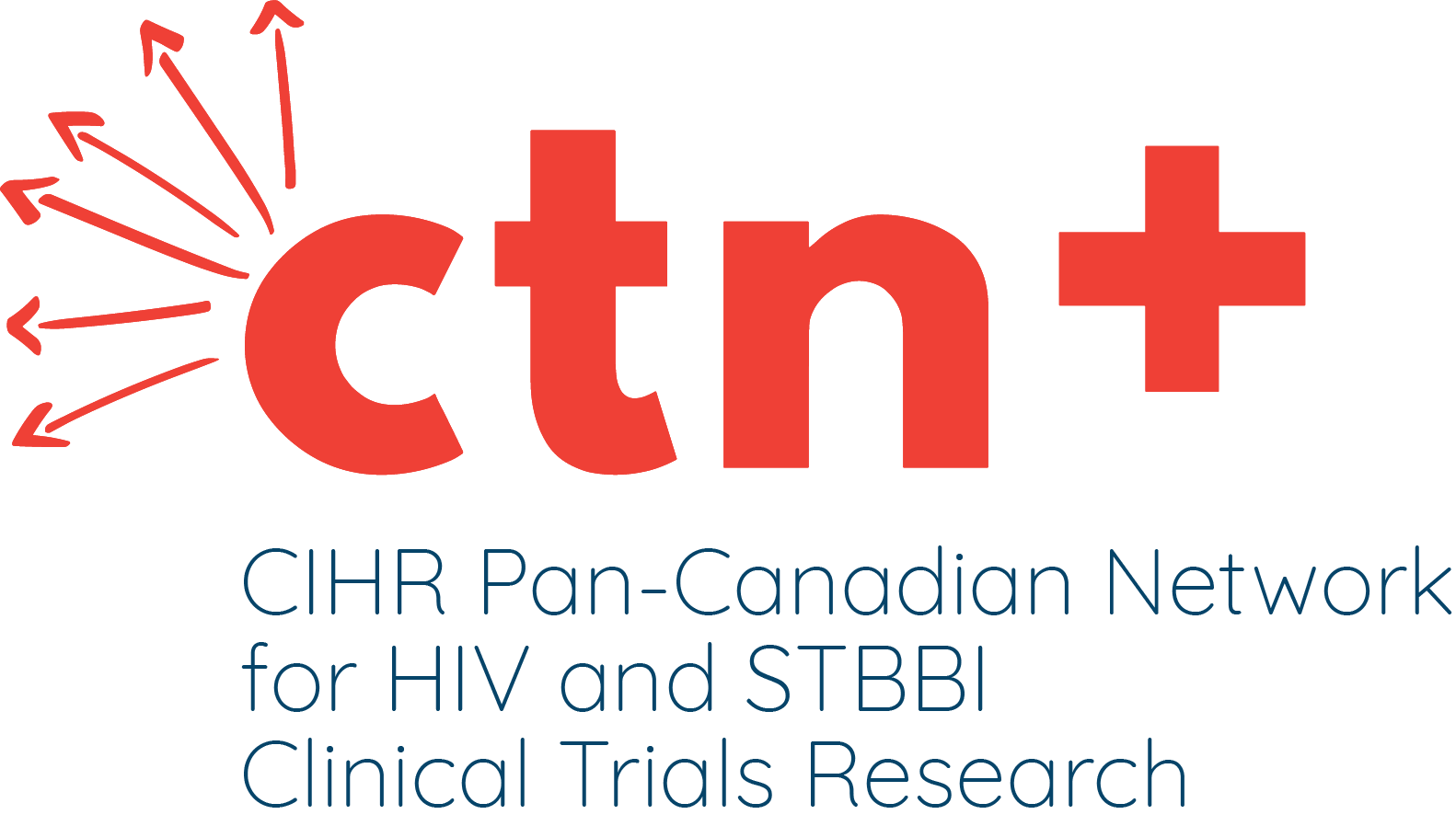
Dr. Cara Spence began her CTN Postdoctoral Fellowship in 2021, sponsored by CANFAR, embarking on a project investigating ‘The Truth and Reconciliation of HIV Infection among Indigenous Women in Saskatchewan.’
A graduate of the University of Saskatchewan, Dr. Spence came to the CTN posing two important research questions:
- What are the comparative health outcomes and cascade of care gaps for Indigenous women in Saskatchewan?
- What are the required resources and recommendations to achieve 90-90-90 outcomes for Indigenous women living with HIV in Saskatchewan?
During her fellowship, under the supervision of CTN National Co-Director Dr. Marina Klein at McGill University, Dr. Spence is establishing a comprehensive clinical dataset of people living with HIV and HCV in Saskatchewan, conducting a gendered analysis on the cascade of care for the population, identifying critical vulnerabilities for Indigenous women with HIV and HCV risk exposures, documenting the lived experiences of Indigenous women living with HIV in Saskatchewan, and recommending culturally responsive and trauma-informed engagement and care approaches.
But how did she get here?
“I have been working with Indigenous communities since I started my academic career in 1998,” said Dr. Spence. “My undergraduate degrees in International Studies and Sociology highlighted the historical impact of colonialism and globalization on cultural practices and global processes. Furthermore, as a French–Scottish settler living in the Canadian prairies, I recognize the treaty agreements made by my ancestors and the inherent rights of Indigenous Peoples.”
In the effort to uphold her responsibility and commitment to social justice and relations between Indigenous and settler communities, Dr. Spence’s work aligns with The Canadian Truth and Reconciliation Commission (TRC) Calls to Action.
“I am motivated to advance the call for self-determination and equity of Indigenous Peoples. Building relationships with Indigenous communities, sharing knowledge with my community, and advocating for equitable access to resources and enhancing the relations between people continues to inspire me in my research and development work,” she continued.
Her interest in HIV research specifically was sparked in 2012, working in both Sub-Saharan Africa and the Canadian prairies.
“HIV demographics in Saskatchewan are similar to those found in Africa; we are seeing increasing rates in younger women and older men,” explained Dr. Spence. “In conjunction with poorer health outcomes, significantly higher rates of endocarditis, cancers, and death in women — coupled with a spike in syphilis infections and HIV diagnoses in pregnancy — the gender dynamics and health disparities found within the HIV population in Saskatchewan deserves significant attention.”
In addition, evidence has shown that many new HIV diagnoses in Saskatchewan are disproportionately among First Nations women of childbearing age who contract the virus through heterosexual transmission.
“Indigenous women hold an intergenerational knowledge that transmits wisdom, strength, and resilience. The protection of, and reverence for, Indigenous women is a pressing local and global issue,” Dr. Spence expressed.
As such, the primary objective of Dr. Spence’s postdoctoral fellowship is to prioritize the health and wellbeing of Indigenous Peoples living in Canada, specifically Indigenous women who are at highest risk for infection and are experiencing poor social and health outcomes. Her project will provide accurate clinical outcome data for women living with HIV and case study accounts of the experiences of women accessing care within the Saskatchewan health care system.
“These risks affect not only women, but also their families and communities,” she said. “With a commitment to intergenerational healing, the ultimate goal of this work is to provide the necessary data to support responsive program implementation and inform required policy change.”






